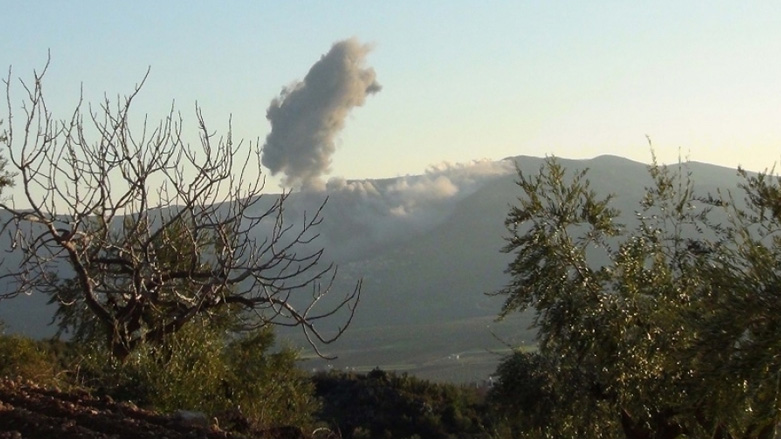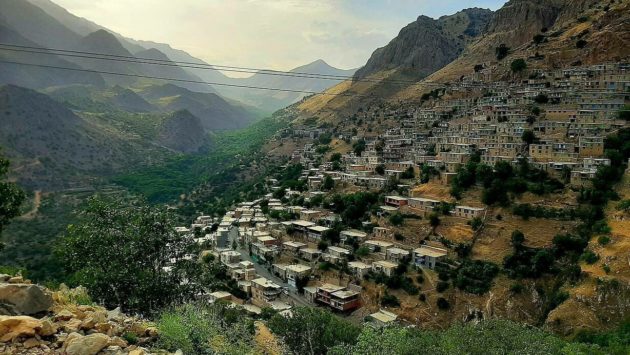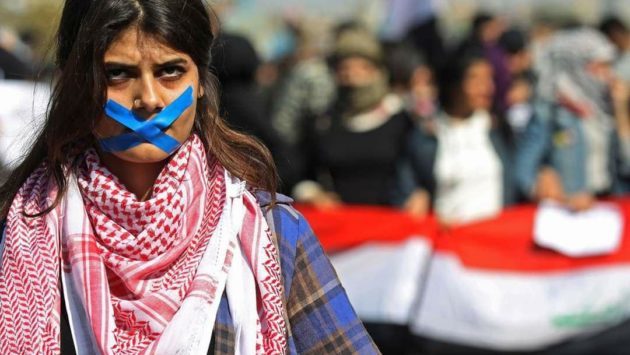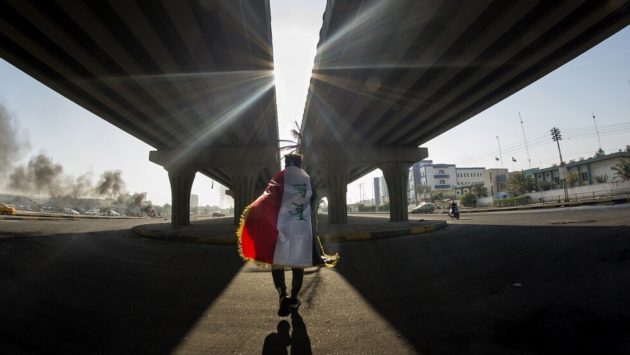Hear Us Now: Stop the Bombing!
The following statement on Turkish and Iranian cross-border bombings in the Kurdistan Region of Iraq has been drafted by Christian Peacemakers Team-Iraqi Kurdistan together with a coalition of victim families from various governorates, following a press conference in Soran on 2 September 2019.
We the undersigned call for an immediate end to the Turkish and Iranian bombings within Iraqi Kurdistan. We also ask the Iraqi and Kurdistan Regional Governments to partner with those civilians affected by these bombings in finding a pathway for the future.
For over thirty years Turkish and Iranian bombings have disrupted the lives of civilians within Iraqi Kurdistan. People throughout the border areas live with the daily fear of bombings, and many children have lasting trauma. Over the past year, there have been over 350 bombings in the Sidakan sub-district alone.
The bombings have killed many civilians, including children.
- On June 30, 2018, The Turkish military directly targeted families with mortar rounds as they harvested plants near Halania village. This attack was launched from a Turkish base in broad daylight and killed 19yr old Dunya Rasheed. (CPT 2018)
2019 has seen an increase of attacks on civilian vehicles.
- On June 27, 2019, the Turkish military fired one or more rockets at a civilian vehicle near Bard-Kuran village within Sangasar sub-district. The airstrikes caused the death of Abdullah Aali and his two children and severely wounded five additional family members. (CPT, Aug 2019)
Farmland is burned year after year.
- Many areas can no longer be used and soil has been contaminated.
- Loss of agricultural and grazing lands impacts local farmers and the entire economy of Iraqi Kurdistan.
Hundreds of villages and vast swathes of agricultural and pastoral lands have become “banned areas”.
- In the district of Amedi at least 105 villages are deserted (K24, July 2019)
- In the village of Chame Rabatke in the Nahla area, over 70% of the families have been displaced since Nov 2018 (CPT, Aug 2019)
- Since March, Turkish forces appear to have extended their presence into northern Iraq by at least 15 kilometers, establishing multiple outposts, including in rural areas of Dohuk and Erbil governorates under the control of the Kurdistan Regional Government (KRG). (Human Rights Watch, Sep 2018)
Foreign military bases and armed groups in the vicinity of villages bring conflict close to civilians.
- In Zakho district PKK clashed with the Turkish military stationed in a base near Bagova. As a response, the Turkish military bombed the area. Villagers were injured and houses damaged. June 7, 2019 (CPT, July 2019)
- In some areas, Turkish forces have mobilized as far as 30 kilometers into the region’s border. (K24, August 2019)
- Iraqi President Barham Salih, in a visit to Turkey on May 29, stressed that Iraq’s sovereignty needs to be preserved, rejecting Turkey’s unilateral military actions.(Rudaw, June 2019)
- Armed groups in residential areas bring an increased risk to the local communities.
Families have sustained great losses.
- There is no current system for compensation or appropriate funding for medical treatment.
- Turkish authorities should compensate victims of any unlawful strikes and take all feasible measures to minimize civilian casualties. Iraq and the KRG should also press for Turkish investigations and compensation in the case of unlawful attacks. (Human Rights Watch, Sep 2018)
- Incorrect cause of death is listed on certificates such as “heart attack”.
We ask that:
1) There is an immediate end to the Turkish and Iranian bombings.
2) All armed groups and foreign militaries withdraw from village areas.
3) Parliamentarians raise the bombing issue within sessions of the Iraqi and KRG Parliaments.
4) Deaths and civilian losses are investigated, and compensation is granted to affected families.
5) Those killed due to bombings are recognized as martyrs and the correct cause-of-death is listed on death certificates.
6) Iraqi and KRG government officials meet with those affected to discuss this issue and develop pathways for the future.




